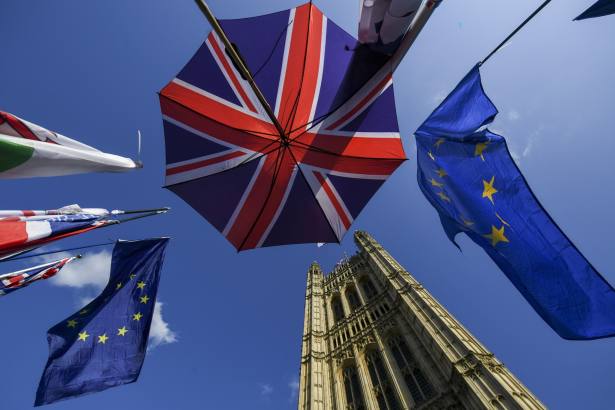
Tilney’s Gareth Lewis has said investors would be better off investing in small and mid-cap companies, contravening the consensus view that the UK market has shifted in favour of mega caps.
The FTSE 100 has reached record highs as the returns of many firms in the index, which get a large part of their earnings from overseas, were pushed up by the plunging pound after the Brexit vote in June.
Towards the end of last year, veteran investors such as Richard Buxton and Robin Geffen have said the markets are embarking on a ‘sea change’ as the FTSE giants began to outpace the returns of the smaller domestic firms.
However, Gareth Lewis, chief investment officer at Tilney Bestinvest, said if you strip out the oil and mining sectors, then the FTSE 100 was actually down last year.
Mr Lewis predicts the pound will strengthen against the euro this year, and has decided to hedge the euro out to sterling as a result.
He also thinks the Bank of England will increase interest rates as early as the second quarter of this year in order to stem the high levels of unsecured debt which the banks are taking on.
With these predictions on rates and currency in mind, Mr Lewis said it would be the “logical conclusion” to own domestic-earning British stocks, not UK global large cap companies.
“If you are sceptical about the sustainability of commodity prices and the stability of the Chinese economy, and you have a reasonable argument for suggesting sterling stabilises or strengthens this year, then that makes several large headwinds for FTSE.”
The investment chief said the oil price is already “all over the pace”, adding this suggests investors are better off in UK small and mid cap firms, instead of investing in the big global players in the FTSE which have led the rally.
But he said a large problem globally is investors are being forced to play an expensive asset against one that is slightly less expensive, adding: “Neither are good value, it’s just one is not quite as bad value as the other.”
“The challenge we have as investors is it is very hard to find things that are fundamentally good value, and of course the long-term return is predicated on the price you pay for an asset.”
Figures released last week show a record number of analysts and investors now view developed markets as too expensive.
According to Mr Lewis, the overvaluation of these markets mean returns from equities over the next 10 years will be a lot less than over the past 10 years.
Commenting on Tilney’s portfolio weightings, Mr Lewis said his portfolios currently have high exposure to shares invested in European and Japanese companies.
He currently favours Treasury bonds over gilts because, he said, the treasury market more accurately reflects the inflation and interest rate expectations in the UK.





